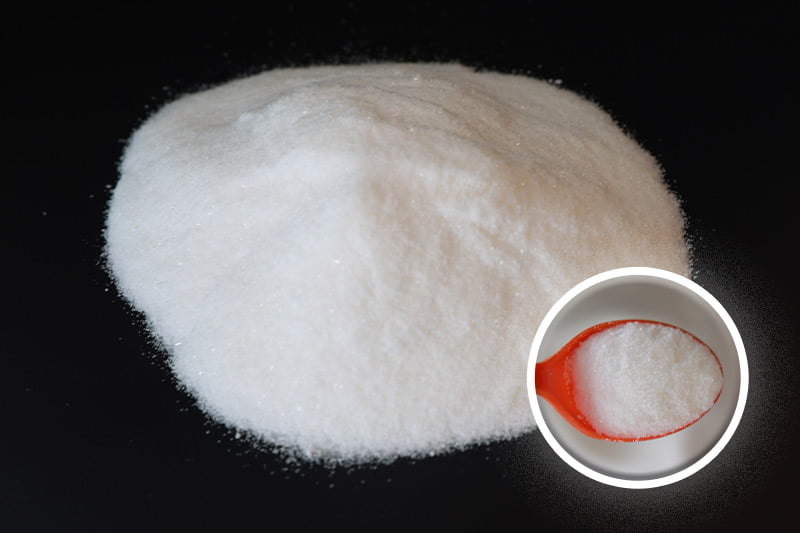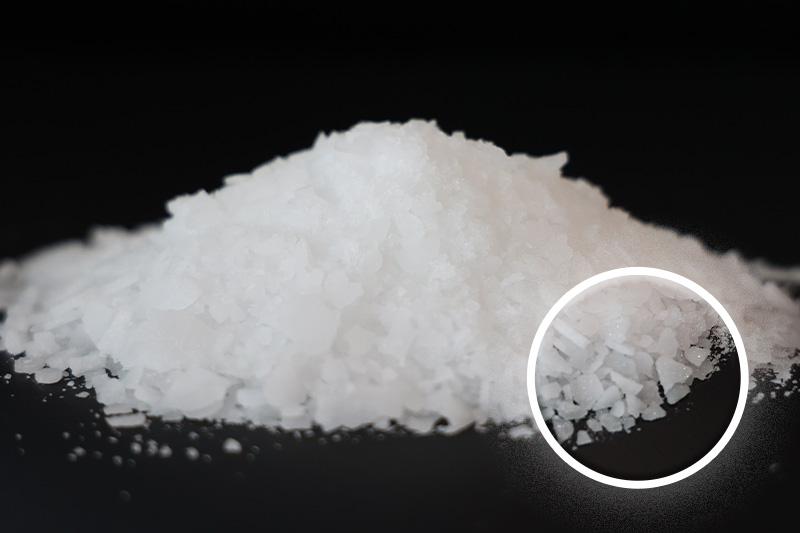Kami Menyediakan Bahan Kimia Khusus Berkinerja Tinggi
Shandong Jiuan Chemical Industry Co., Ltd.
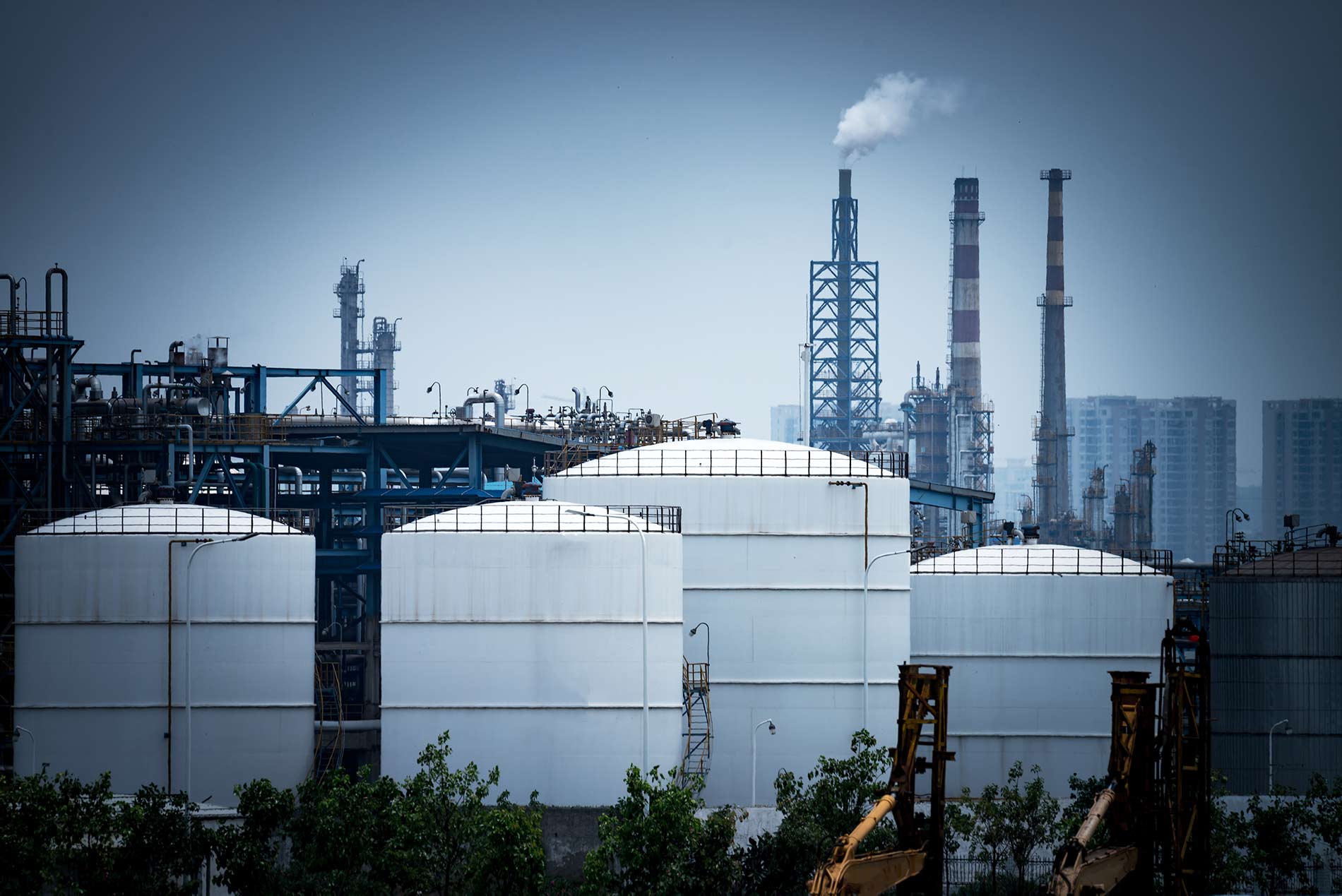

Solusi produk kimia yang komprehensif
Berfokus pada Pelanggan, Penyedia Berkualitas Tinggi!
Shandong jiuan chemical industry serving the entire chemicalvsupply chain’s manufacturing & distribution business
Shandong jiuan industri kimia co., ltd. Adalah produsen kelas natrium format, neopentil glikol, dan formaldehida dari cina.Kami adalah produsen yang dapat diandalkan. Produk kami telah diekspor ke banyak negara dan wilayah selama bertahun-tahun. Klien kami berasal dari berbagai industri termasuk industri kimia, industri farmasi, industri makanan, industri tekstil dll.
Produk yang ditawarkan oleh industri kimia jiuan
Telah bertujuan untuk memproduksi
bahan baku kimia berkualitas tinggi
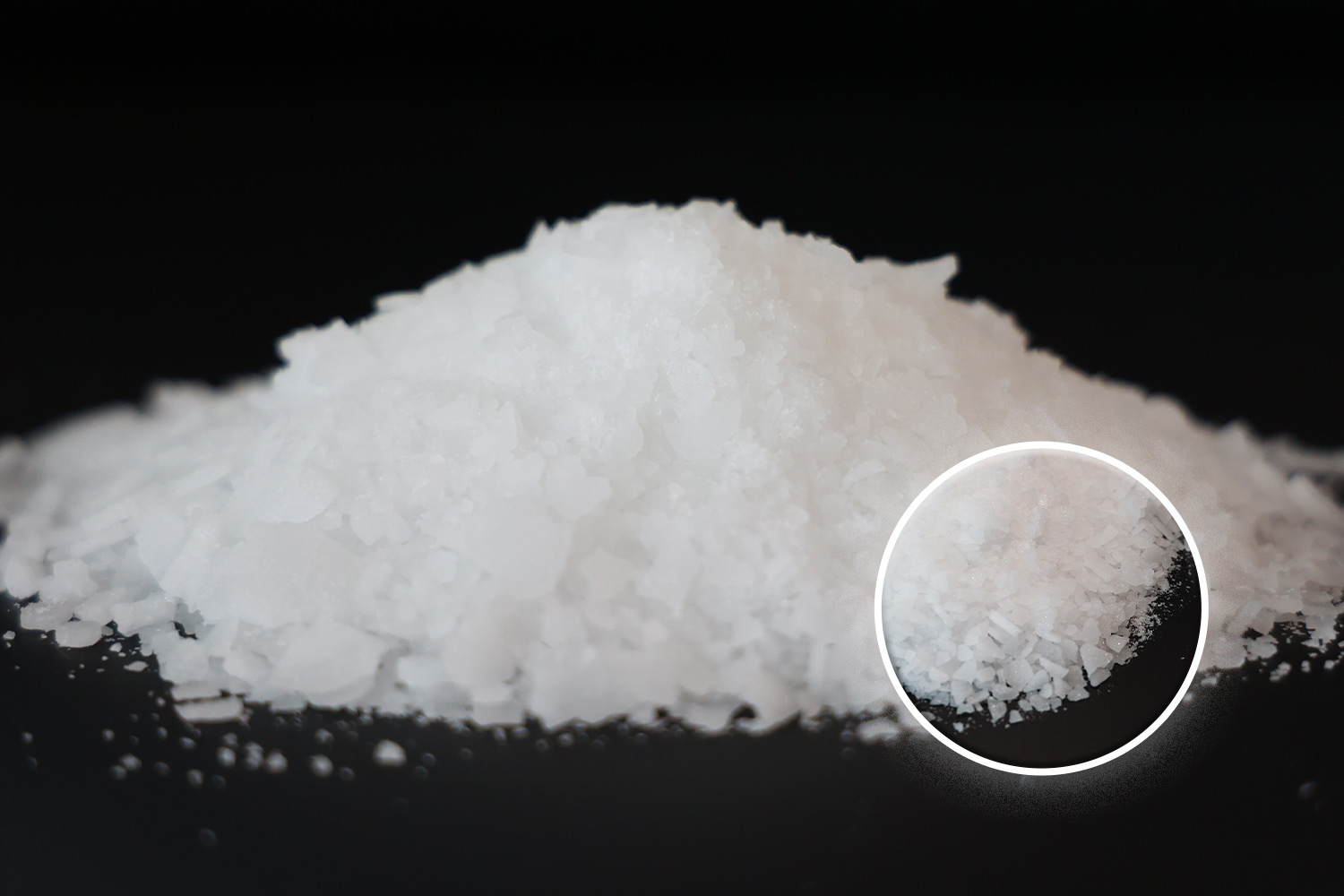
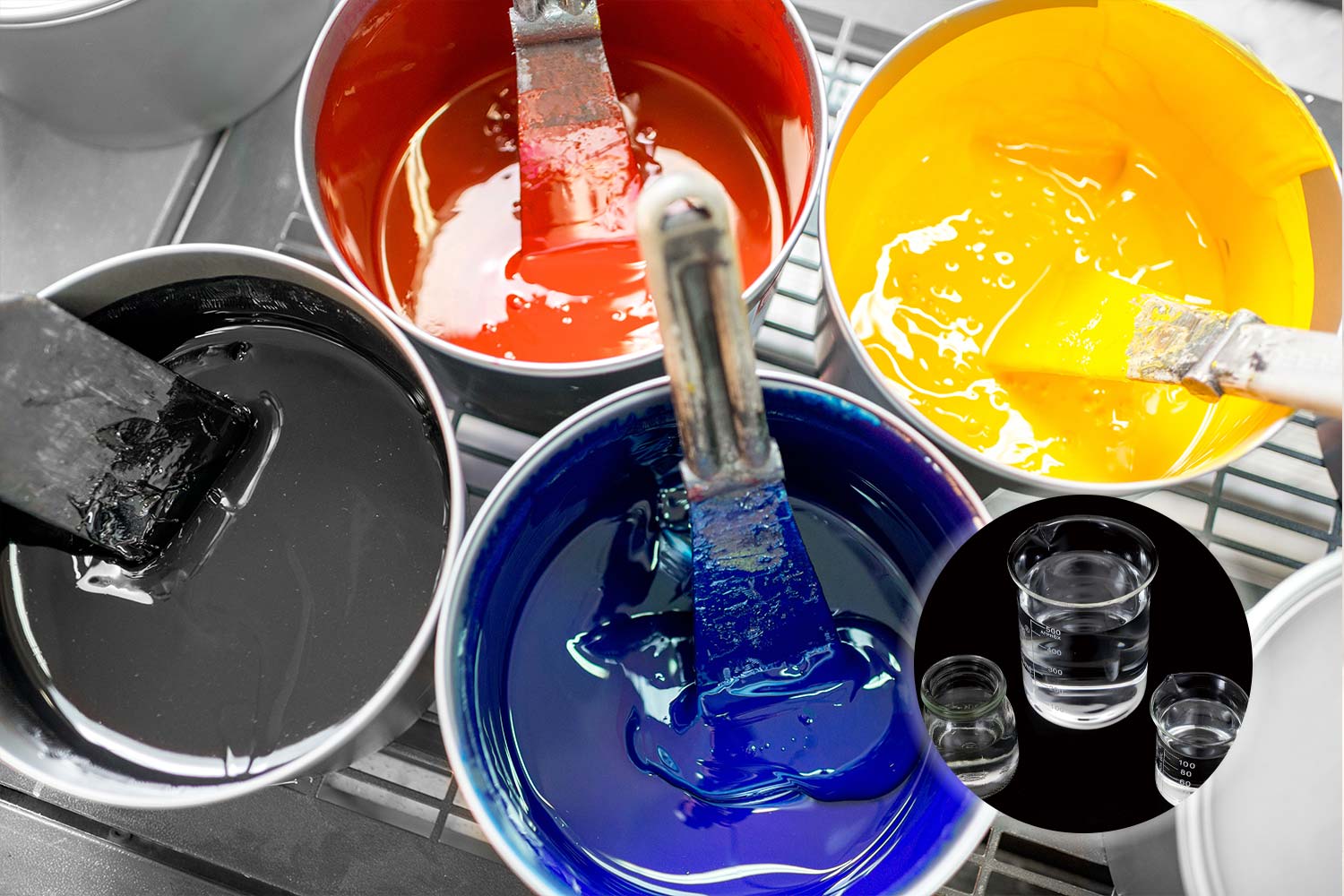
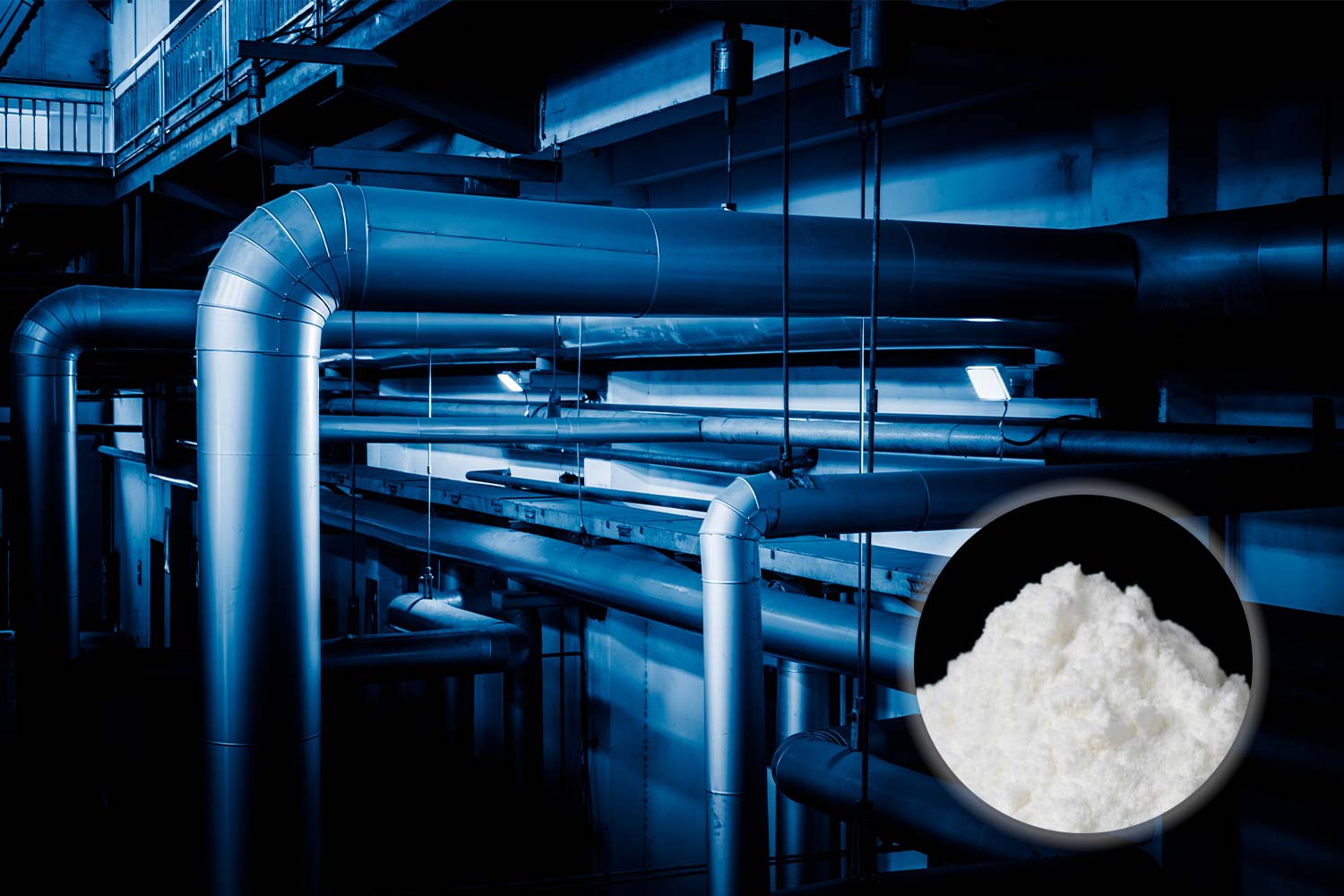
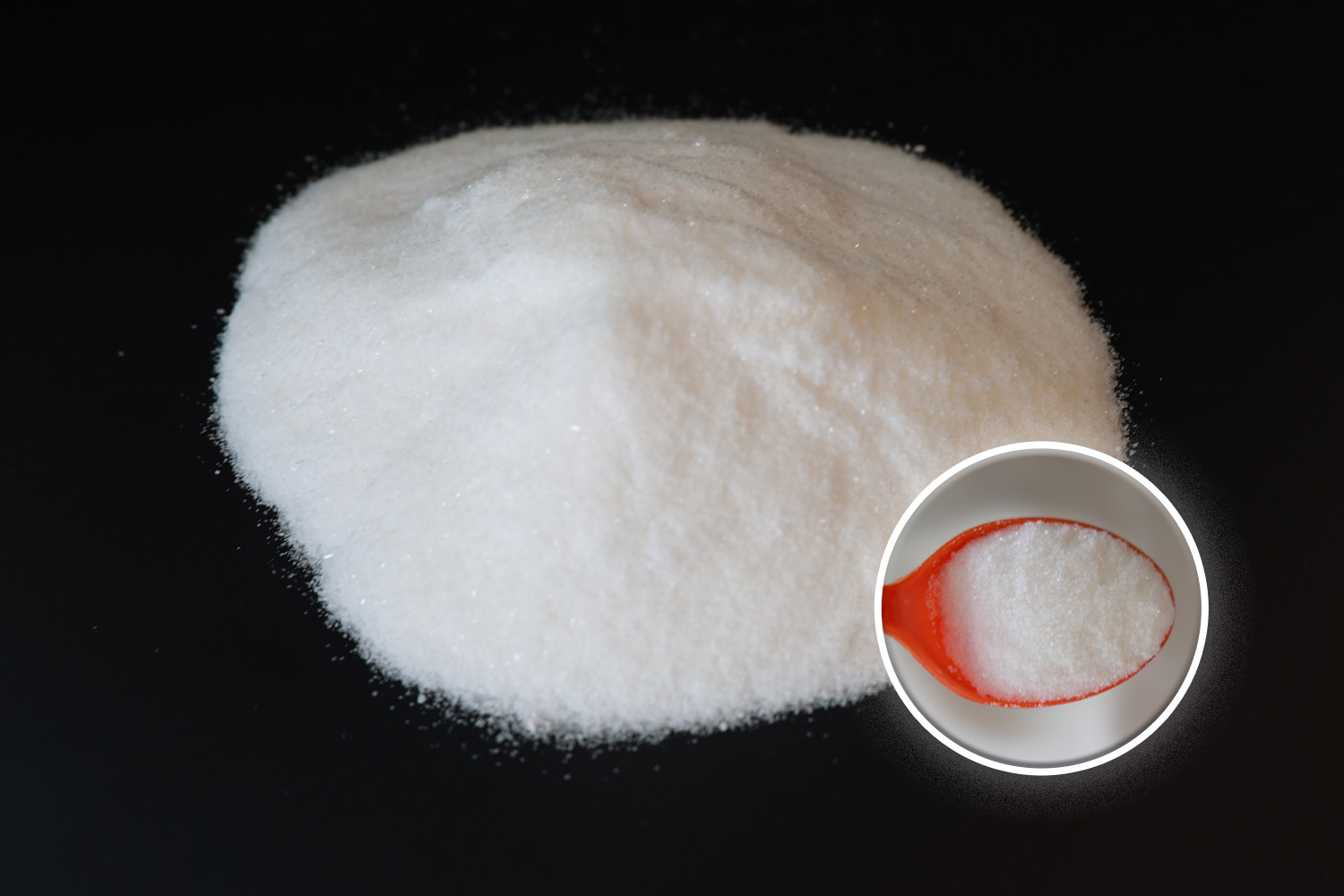
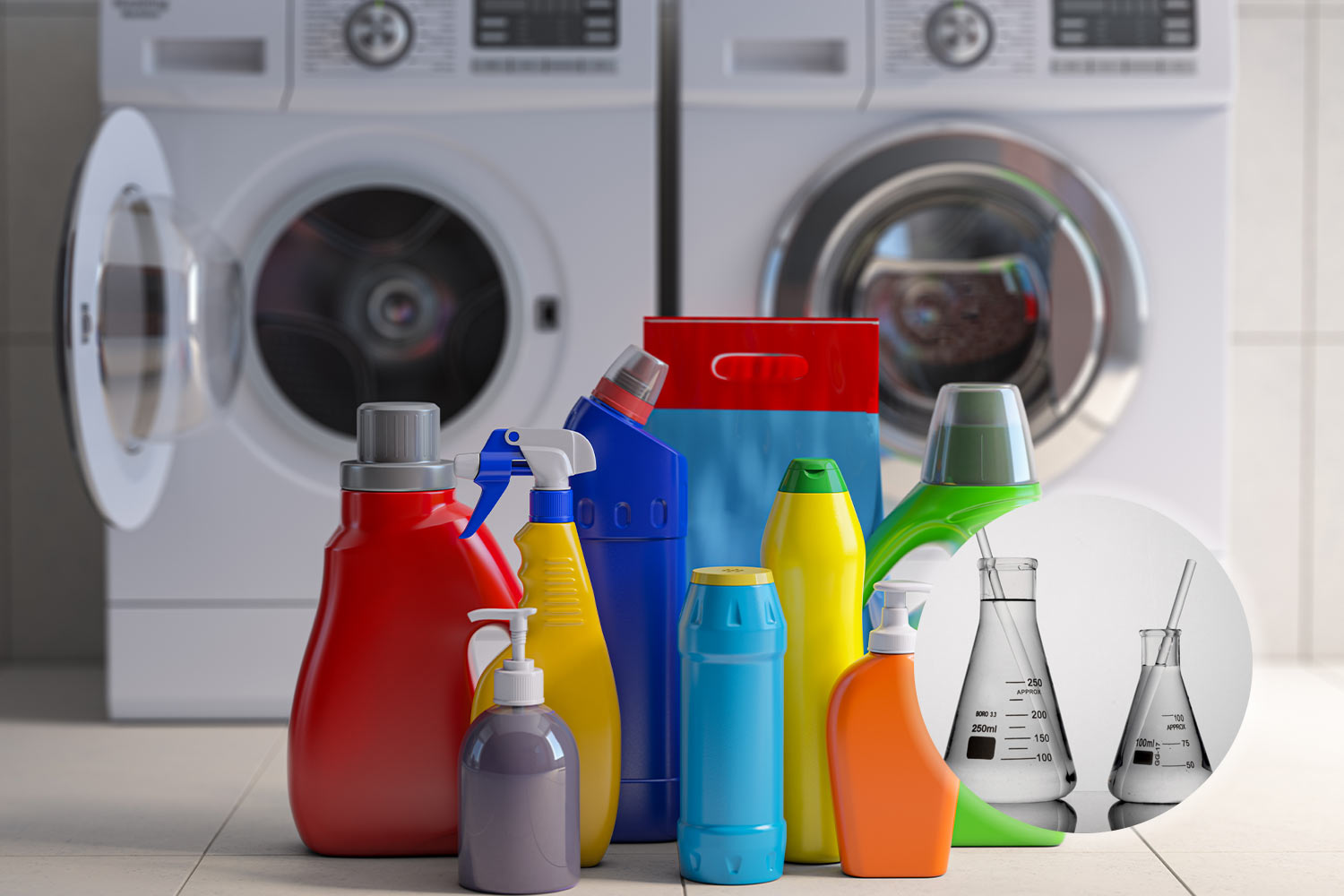
Kualitas adalah
jaminan kami
Industri kimia Jiuan bergantung pada pelanggan global bertahun-tahun secara kumulatif, kami melayani lebih dari 20 negara.
Pilih Shandong Jiuan Chemical Industry Co., Ltd.
Portofolio produk yang luas
Kami menangani berbagai macam produk kimia yang melayani semua segmen industri.
Fokus pada keberlanjutan
Melindungi manusia dan lingkungan adalah tujuan penting kami.
Infrastruktur yang kuat
Kami telah membangun jejak yang kuat di industri manufaktur dan distribusi bahan kimia dengan membangun infrastruktur yang kuat.
Jangkauan global
Kami bekerja keras untuk membuat kehadiran kami terasa di banyak negara di dunia.
Layanan Industri Dan Perusahaan Terbaik
Menyediakan layanan kimia berkualitas tinggi
untuk beberapa industri!
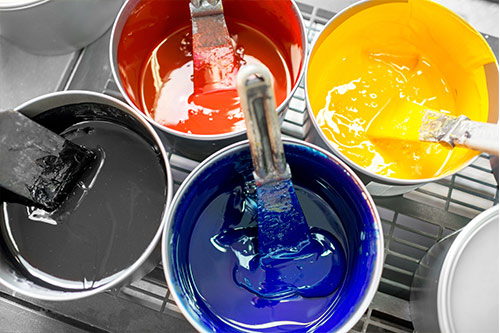
Tinta cetak

Industri farmasi
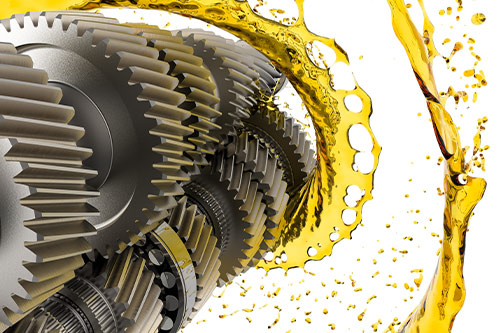
Pelumas

Manufaktur kulit

Melukis
Kami menawarkan solusi kimia yang paling cocok untuk bisnis Anda, Jelajahi semua layanan



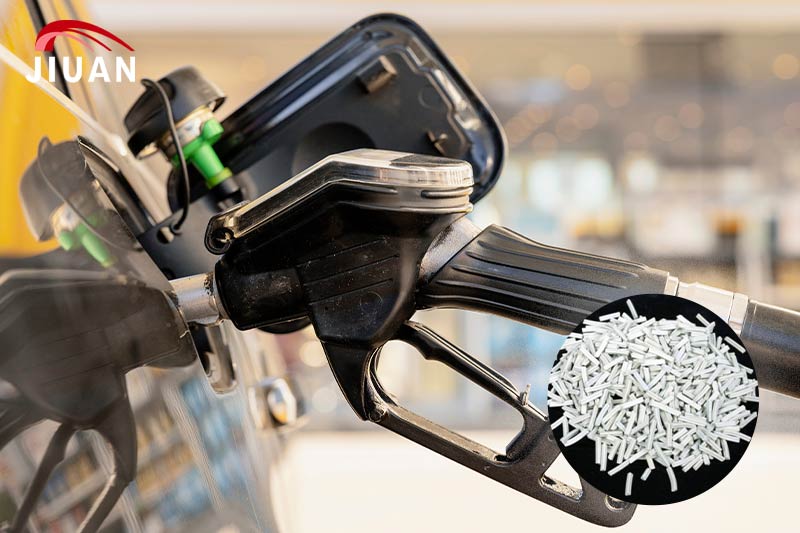


Jelajahi Kasus
Kami menyediakan Anda dengan layanan produk kimia yang berkelanjutan
Industri kimia Jiuan telah mempertahankan hubungan dan proyek yang langgeng dengan banyak perusahaan internasional terkenal. Misalnya, bahan polimer sino-perancis baru, anhui shenjian, industri lagu tien, dll., Diakui sebagai salah satu perusahaan produksi bahan baku kimia terkemuka di Cina!
Pelanggan adalah produsen asam format terbesar di lahore, pakistan, dengan 3 jalur produksi modern dan produknya dijual di seluruh dunia.
Pelanggan Rusia adalah perusahaan kimia kuno yang telah berkultivasi di Cina selama bertahun-tahun. Mereka membeli ratusan produk kimia yang berbeda dari Cina setiap tahun.
Dedicated Customer Teams & Fast Service
Anda Punya Pertanyaan? Jangan sungkan untuk menghubungi kami.
Industri kimia Jiuan adalah pemimpin dalam industri manufaktur kimia Cina, dengan bangga membantu menjadikan dunia tempat yang lebih baik, lebih aman, dan lebih efisien. Kami berkomitmen untuk mengembangkan teknologi yang inovatif dan berbeda secara kolaboratif, berorientasi pada tim, berfokus pada keunggulan operasional, dan memberikan produk dan layanan berkualitas tinggi dengan biaya yang kompetitif. Hubungi kami hari ini untuk mempelajari lebih lanjut!
Dealer Sodium Formate Massal,Dealer Sodium Formate Massal,Dealer Sodium Formate cina,Dealer Sodium Formate Odm,Dealer Sodium Formate OEM,Distributor Sodium Formate Massal,Distributor Sodium Formate Massal,Distributor Sodium Formate china,Distributor Sodium Formate Odm,Distributor Sodium Formate Oem, Distributor Neopentil Glikol Massal,Distributor Neopentil Glikol Massal,Distributor Neopentil Glikol OEM,Distributor Neopentil Glikol Odm,Distributor Neopentil Glikol China,Deal Neopentil Glikol Massal,Deal Neopentil Glikol Massal,Dealer Odm Neopenyl Glycol,China Neopenyl Glycol Dealer Glikol
Kami akan menghubungi Anda sesegera mungkin, atau Anda dapat menghubungi kami setiap hari dari jam 9 pagi hingga 6 sore.
+86-18364366249
Berhubungan
Isi formulir kontak dan email kami untuk memastikan Anda menerima harga dan layanan terbaik.





